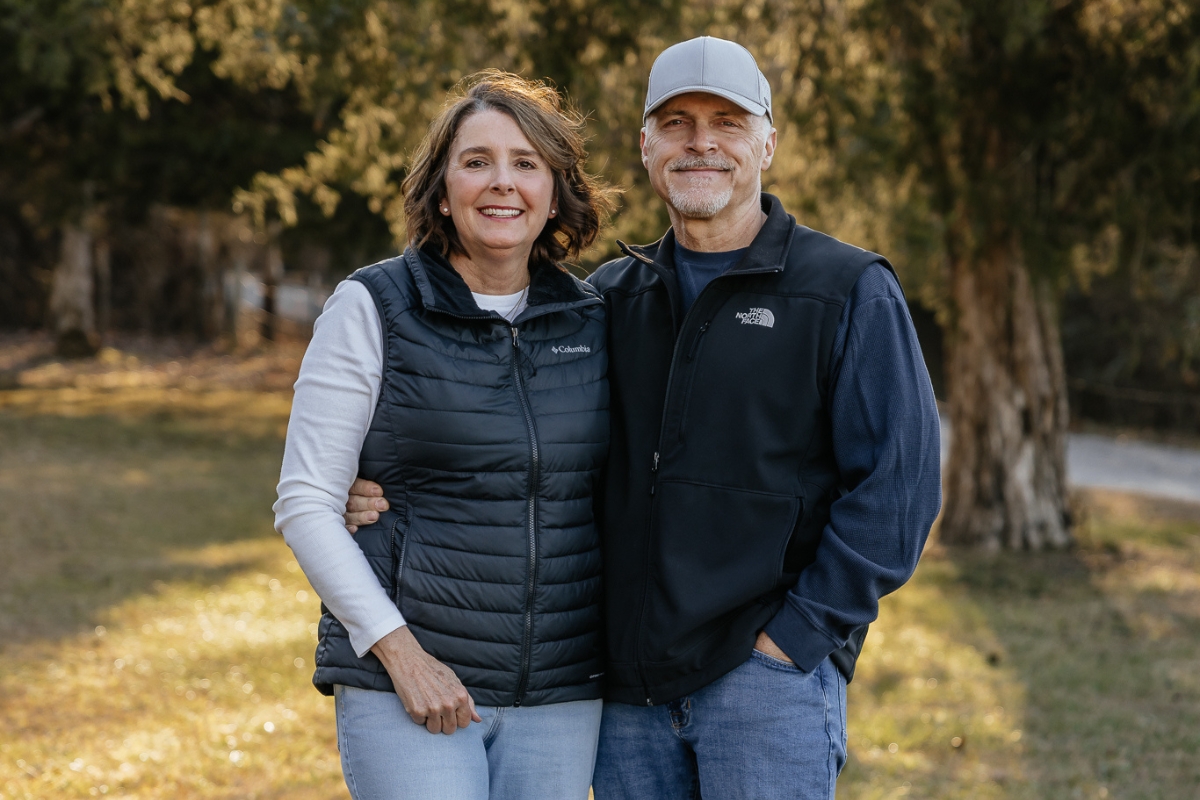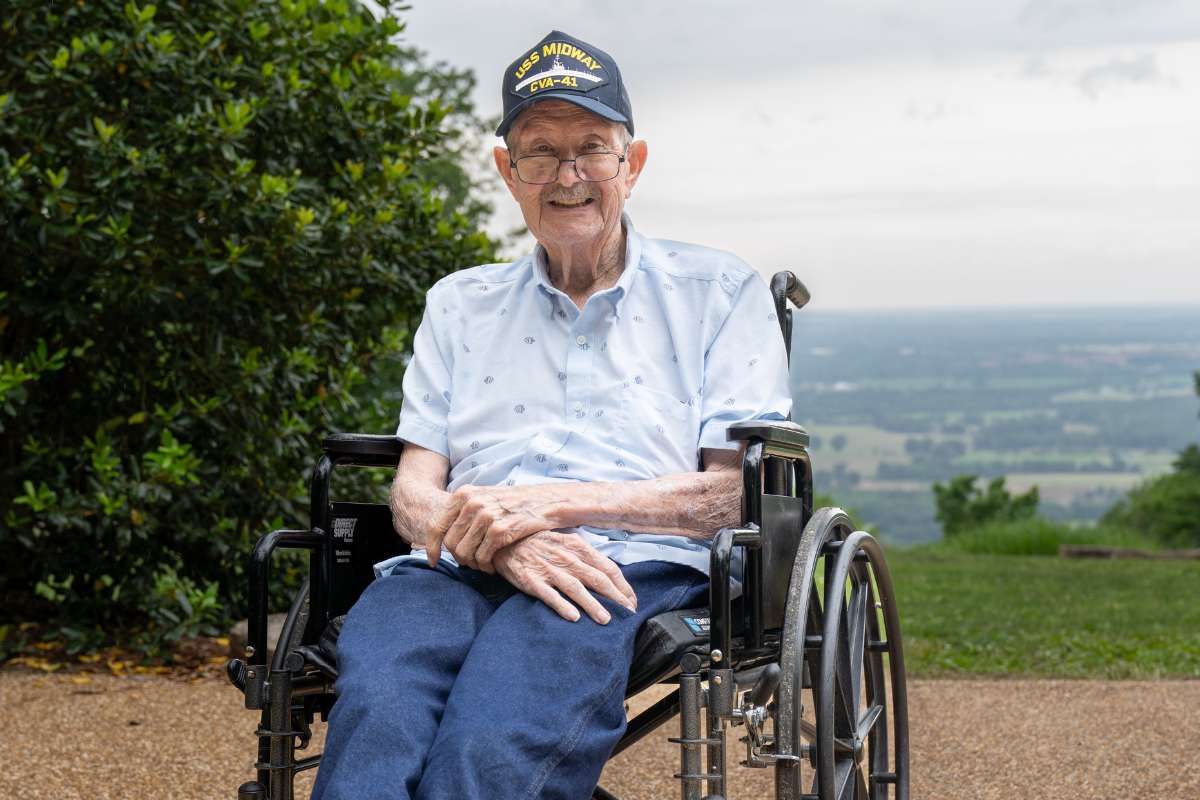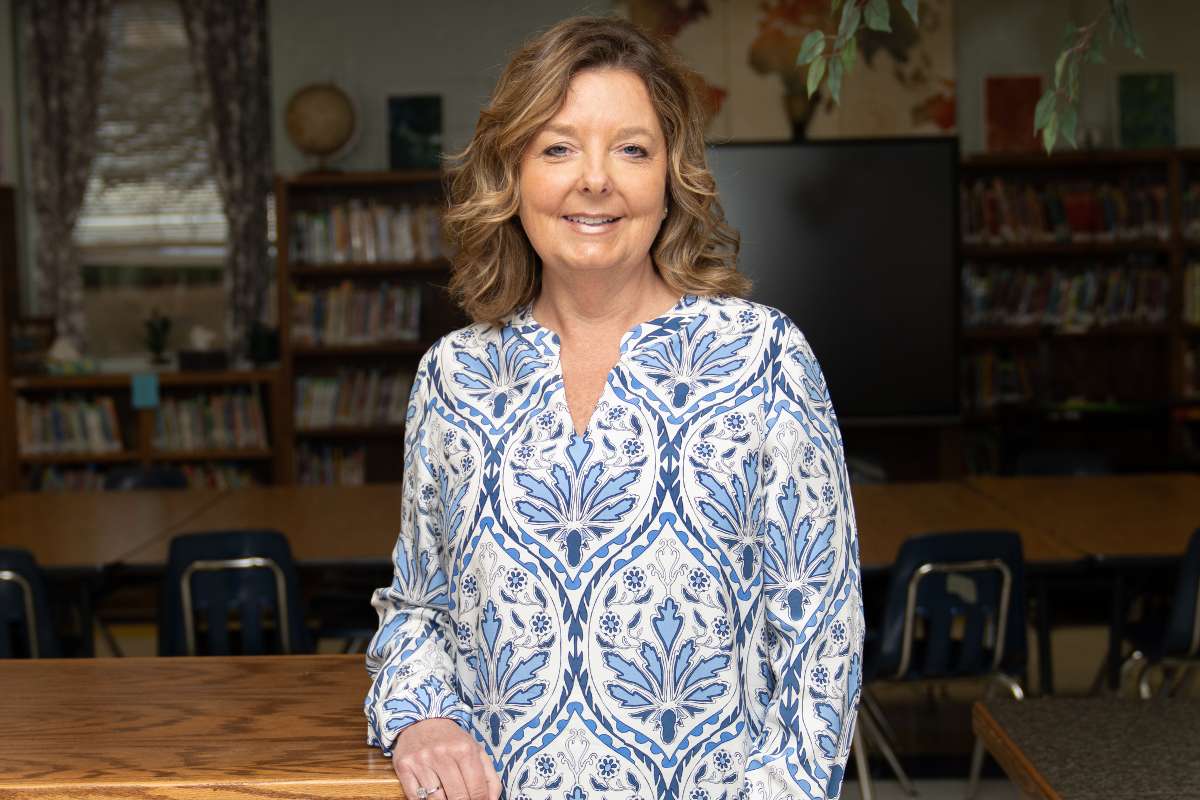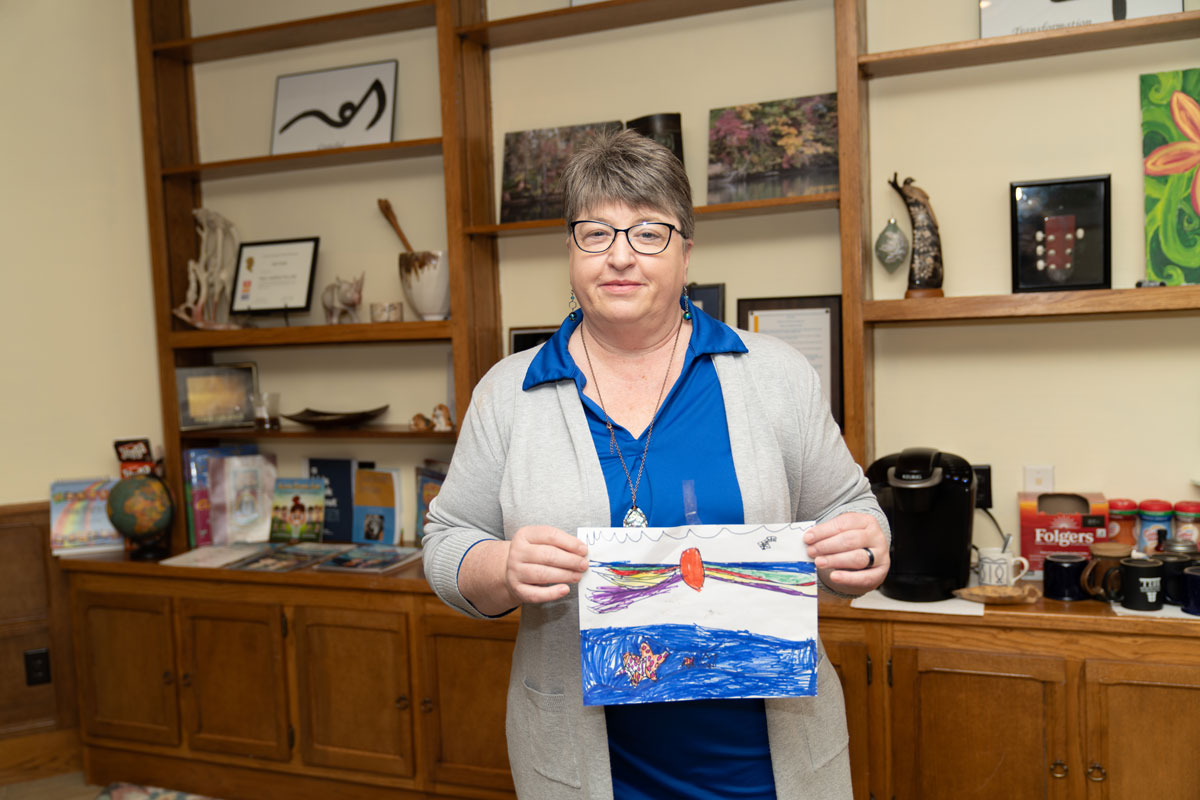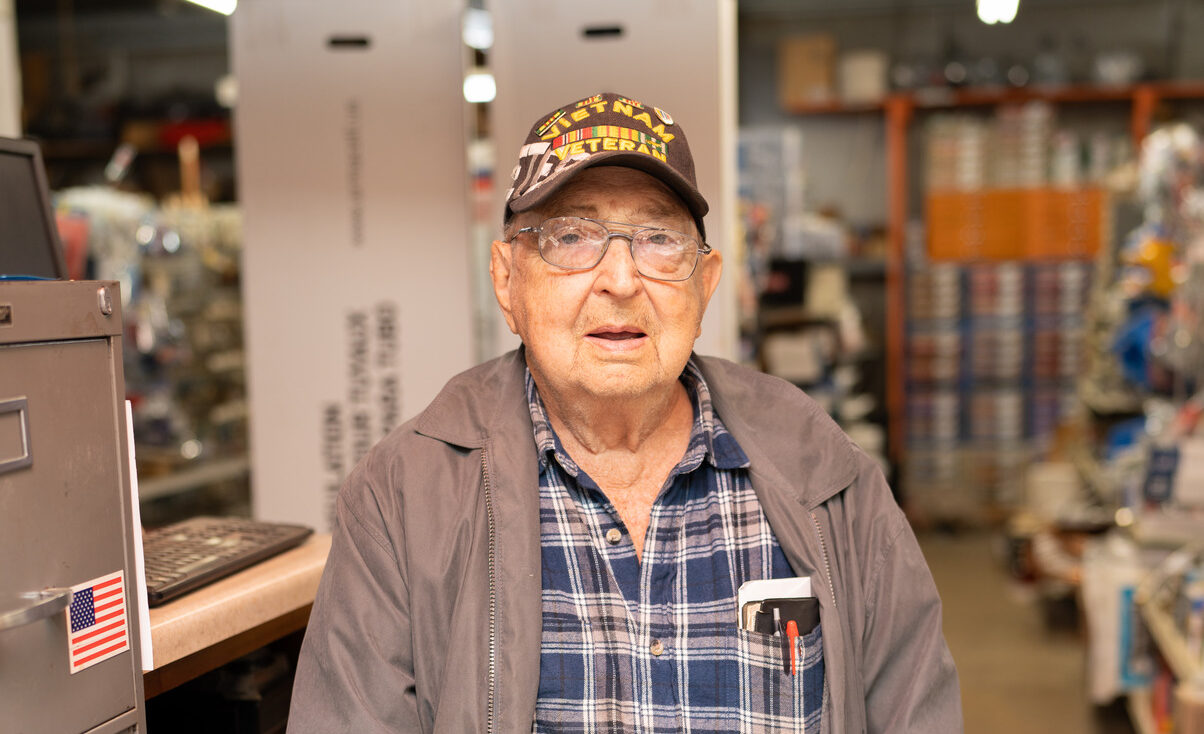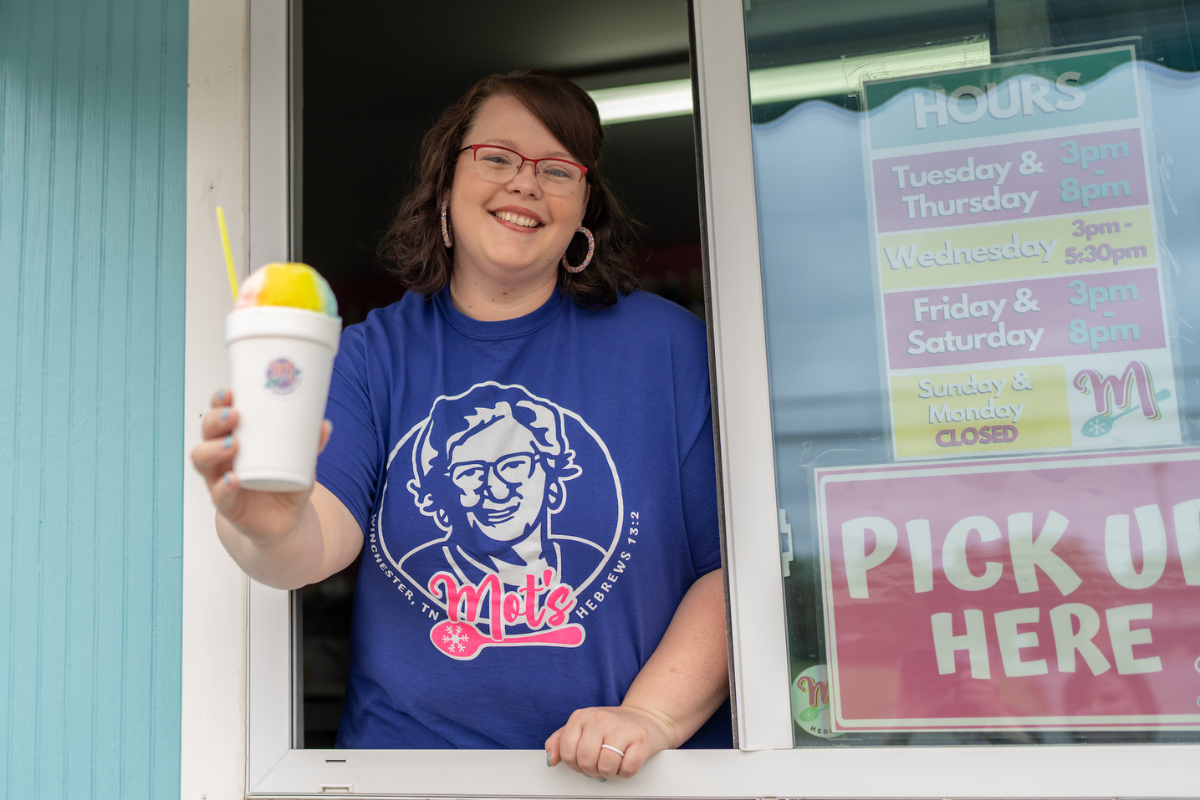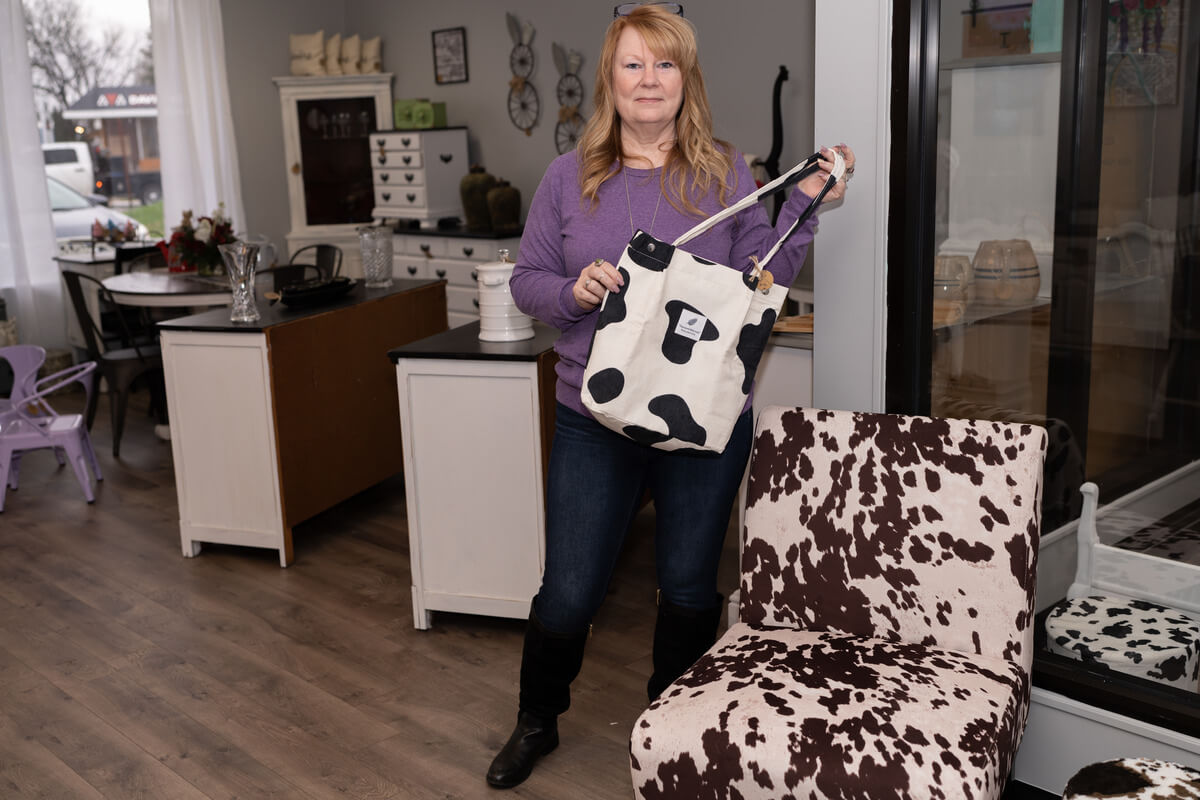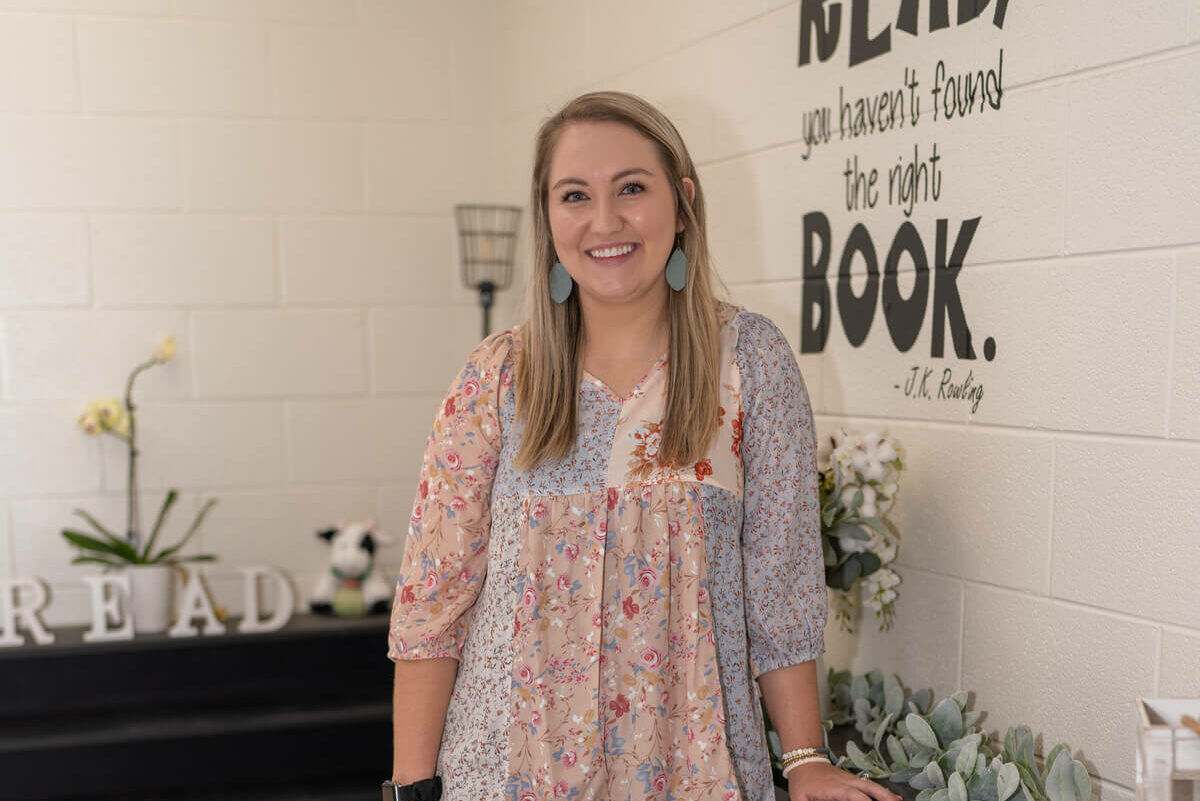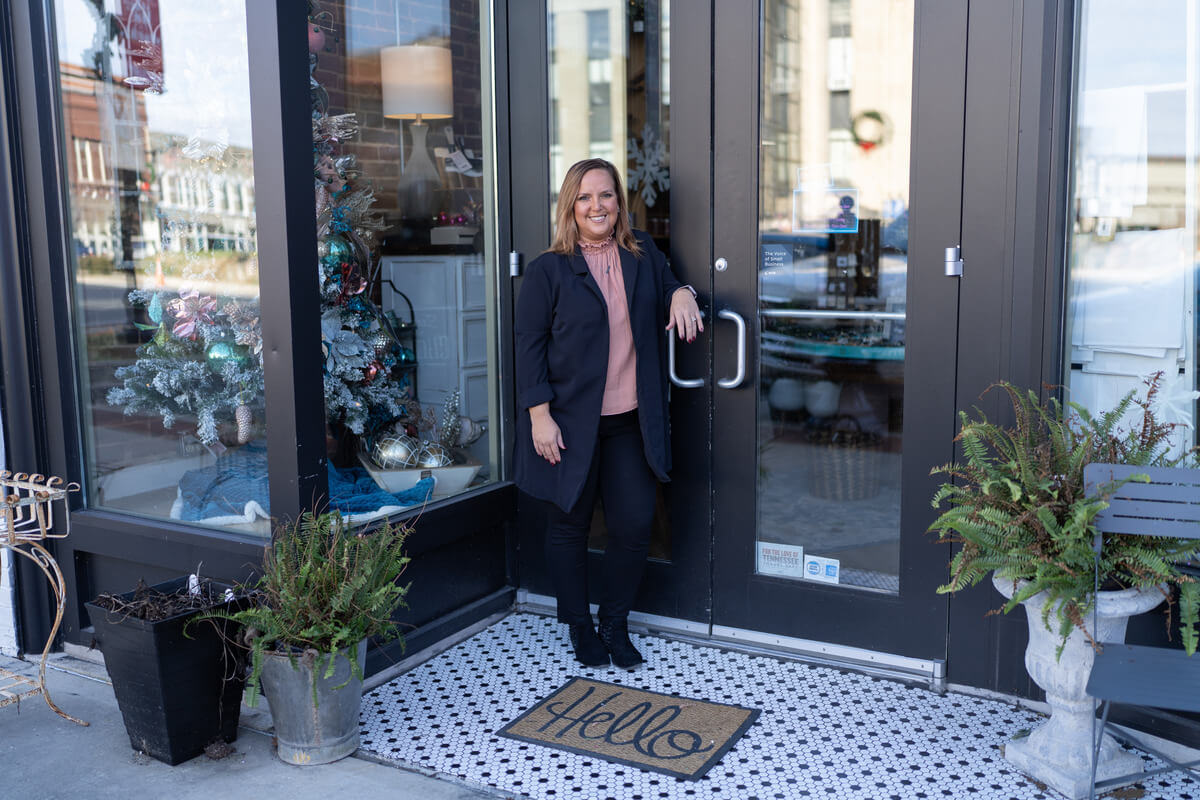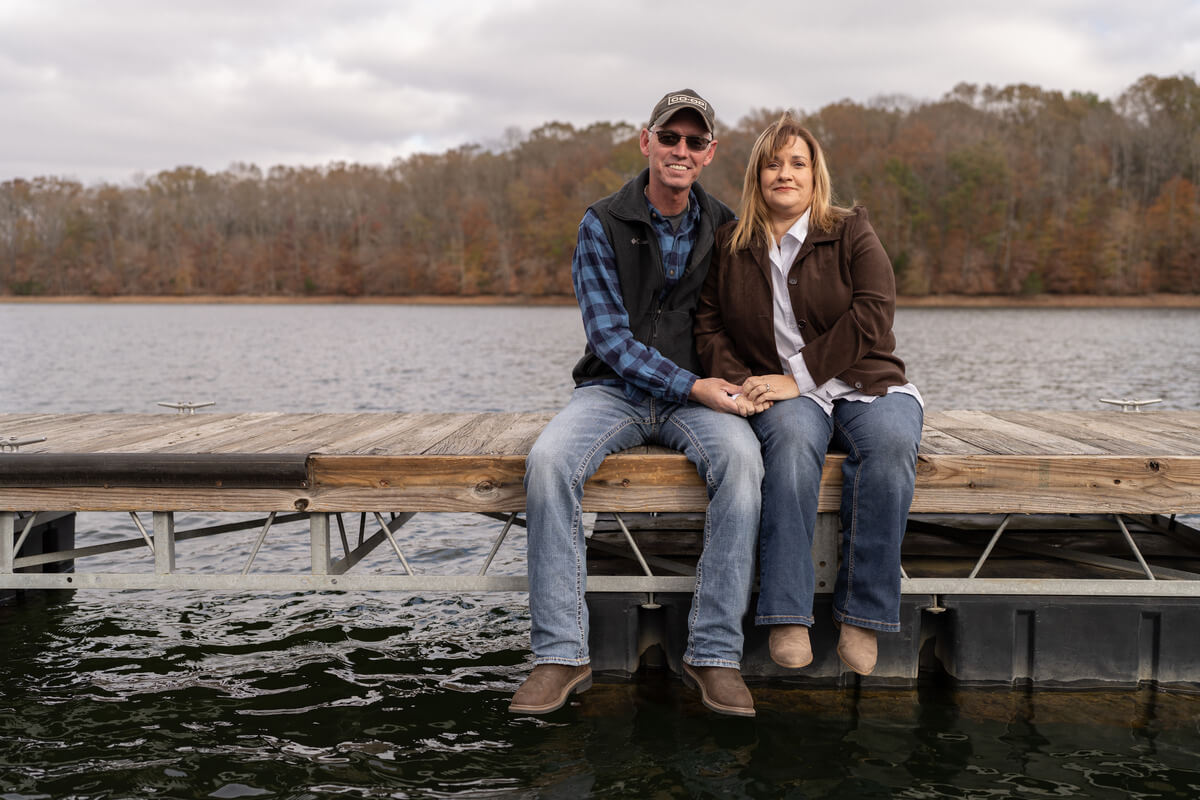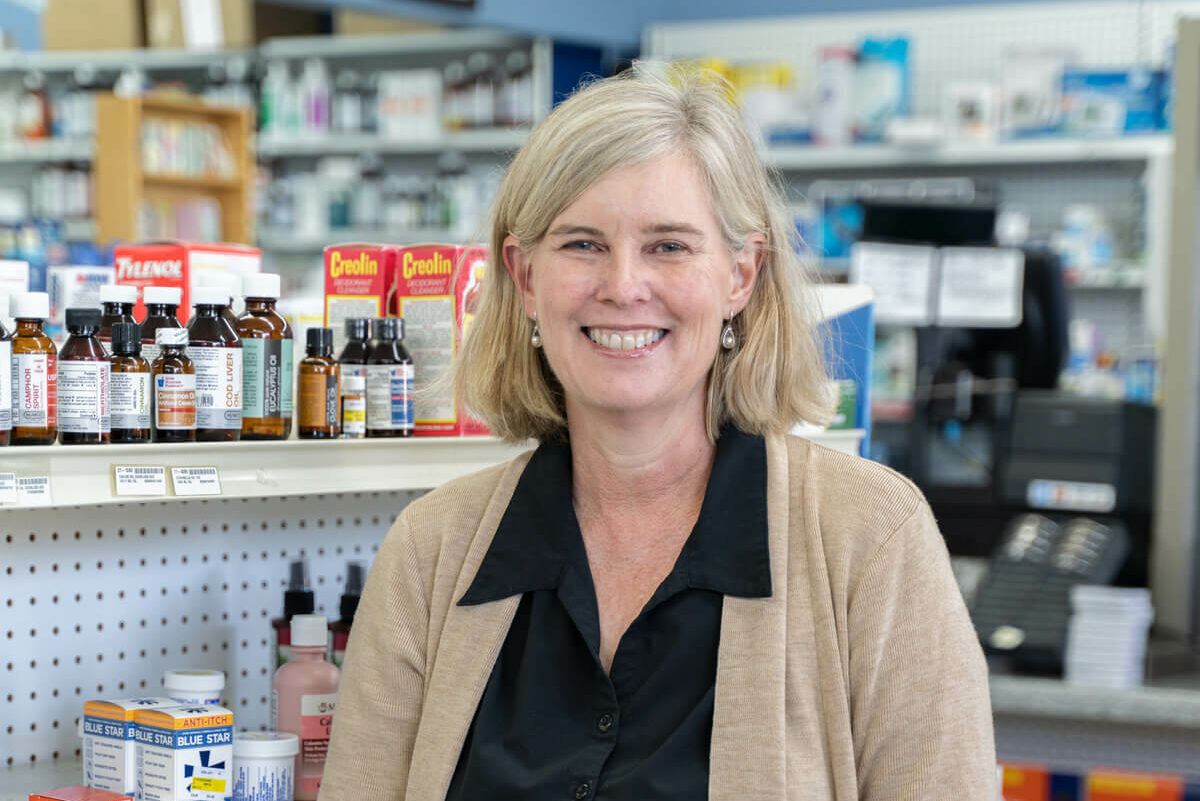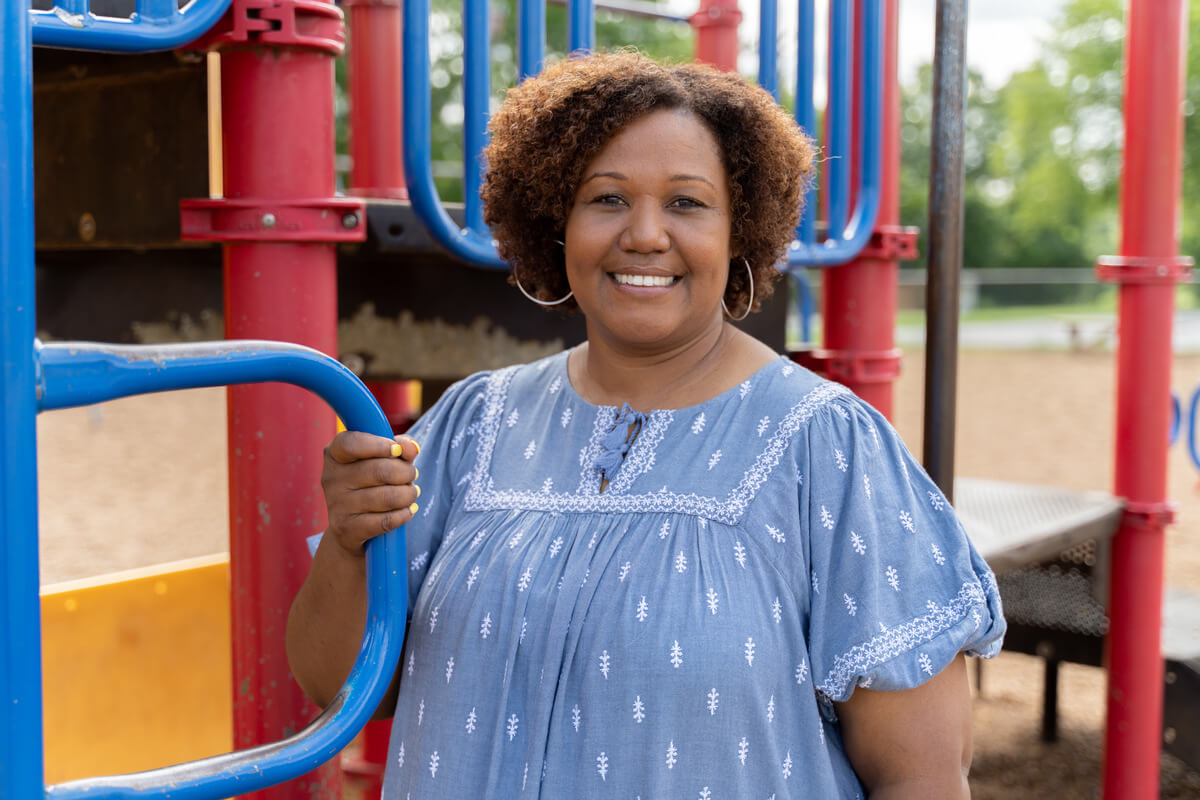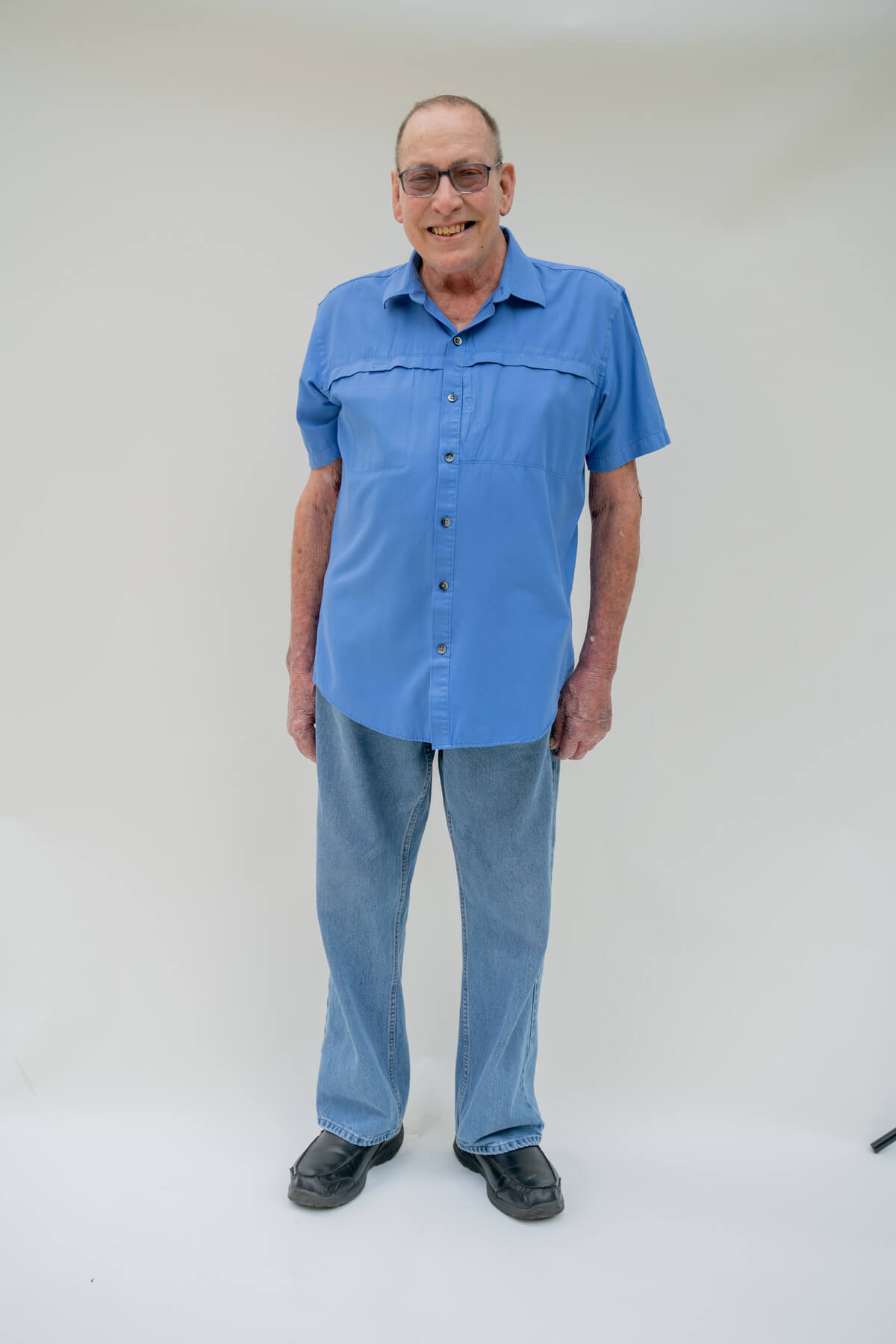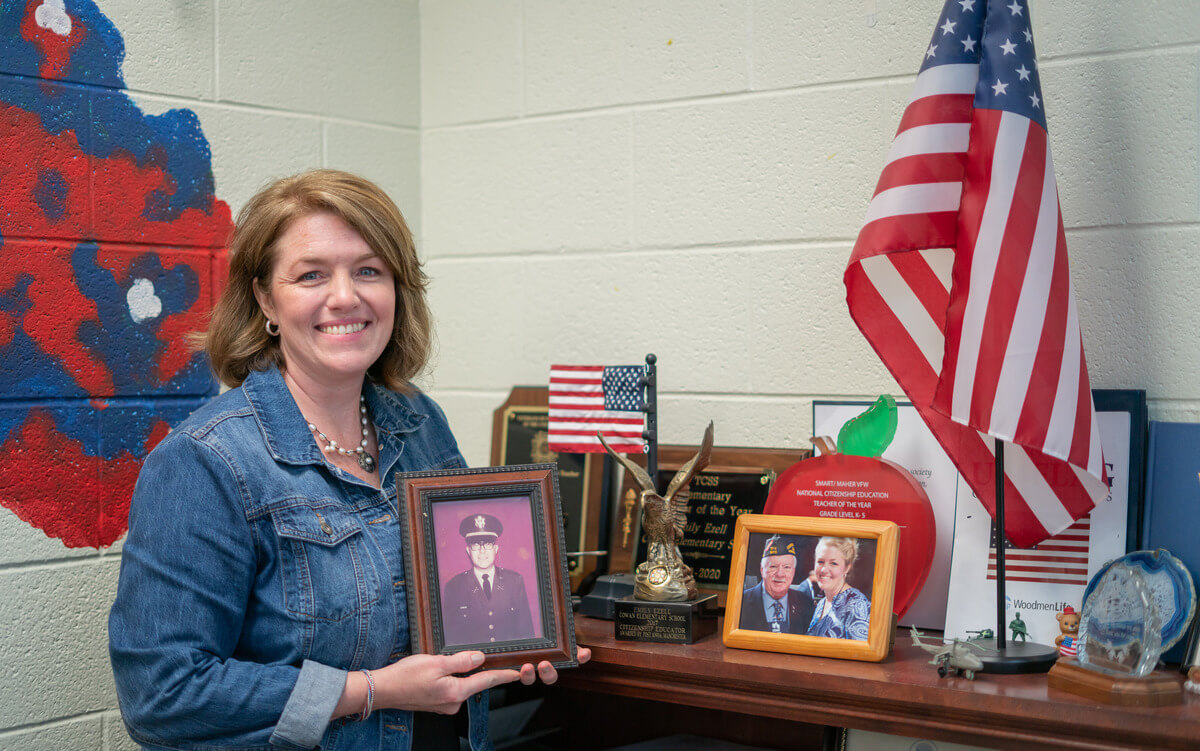WHEN YOU hear the word “therapy,” what comes to mind? It’s encouraging to witness the growing recognition of mental health care’s essential role in our lives today. In a world filled with everyday demands, it’s crucial to prioritize our mental well-being, just as we do with regular check-ups at the doctor’s office. Although there may still be lingering stigmas and disparities surrounding mental health care, it’s great to know that therapists in this community are diligently working to ensure therapy is accessible and inclusive for everyone.
Cindy Janke knew from a young age that she was destined to be a therapist. Becoming a therapist was a natural progression born from her innate empathy and a genuine desire to help others.
“To be honest, I don’t remember not wanting to be a therapist, which I know sounds super cheesy. But that is completely true,” she candidly remarked.
After spending some time in Nashville, Janke returned to her hometown of Winchester, drawn by the warmth of the community and a longing to be closer to her family.

“Winchester — this is the community that raised me. I grew up here and went to high school here,” she reflected. Returning to her roots sparked the beginning of her therapeutic practice.
Janke opened her practice, Winchester Counseling Center, during the COVID-19 pandemic. It was a leap of faith for the therapist. Yet, it turned out to be one of the most rewarding decisions of her career.
“I realized very quickly that this community was struggling. People were missing connection, they were scared, and they were struggling with the unknown,” she reflected.
The center’s in-person offerings provided a lifeline for those seeking face-to-face support during a challenging time.
Janke’s approach to therapy is led by the belief that genuine connections are the foundation of healing.

She emphasized the significance of community in the recovery process and said, “Research tells us that like connectedness in one’s community, it gives us a sense of belonging and support. And, of course, those things empower us and just overall improve our mental health.”
Recognizing the diverse needs of her clients, Janke leverages the power of technology to make therapy more accessible.
This inclusivity ensures that individuals with various circumstances, such as working late or limited mobility, can receive the support they need.
However, Janke acknowledges that not everyone in Franklin County has reliable internet access. In response, she offers phone sessions, ensuring that mental health support is accessible to everyone, regardless of their connectivity options.

Janke is also on a mission to destigmatize mental health. She has noticed a positive shift in the conversation around mental health but acknowledges that there is still work to be done.
“I try to really use inclusive language and make sure that people know that therapy is for everyone. We are open, non-judgmental, and here to provide a safe place for healing,” she said.
One of Janke’s favorite aspects of her work is witnessing the transformation in her clients. She recounts heartwarming moments when individuals, initially nervous and guarded, leave her office visibly lighter and more at ease, knowing they are not alone in their journey toward healing.
Janke’s journey into therapy hasn’t just been about personal fulfillment; it’s been about creating a vital support system for her community and acknowledging the healing power in a strong community.

“I hear the stories about why they stay or move here. And it’s almost always about community and the kindness of people here and feeling like they finally found somewhere where they fit in or where they belong.”
One heartwarming aspect of Janke’s work is witnessing clients’ transformation. She finds herself invigorated, helping clients shed their initial apprehensions and find relief through therapy.
Janke envisions potential workshops and group sessions to expand the reach of Winchester Counseling Center further, making mental health services even more accessible and affordable for the community.
Janke calls for collective action to reduce the stigma surrounding mental health. She encourages the community to change their language, inspire others to seek help and foster a supportive, non-judgmental environment for those in need.
For those looking to embark on their own healing journey, remember that seeking help is an act of strength, not weakness. It’s a safe place for everyone to come and let your guard down. GN


